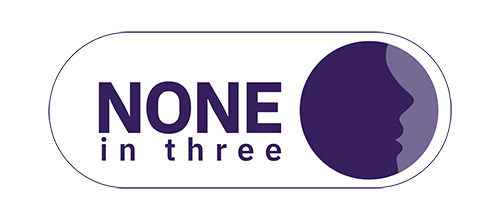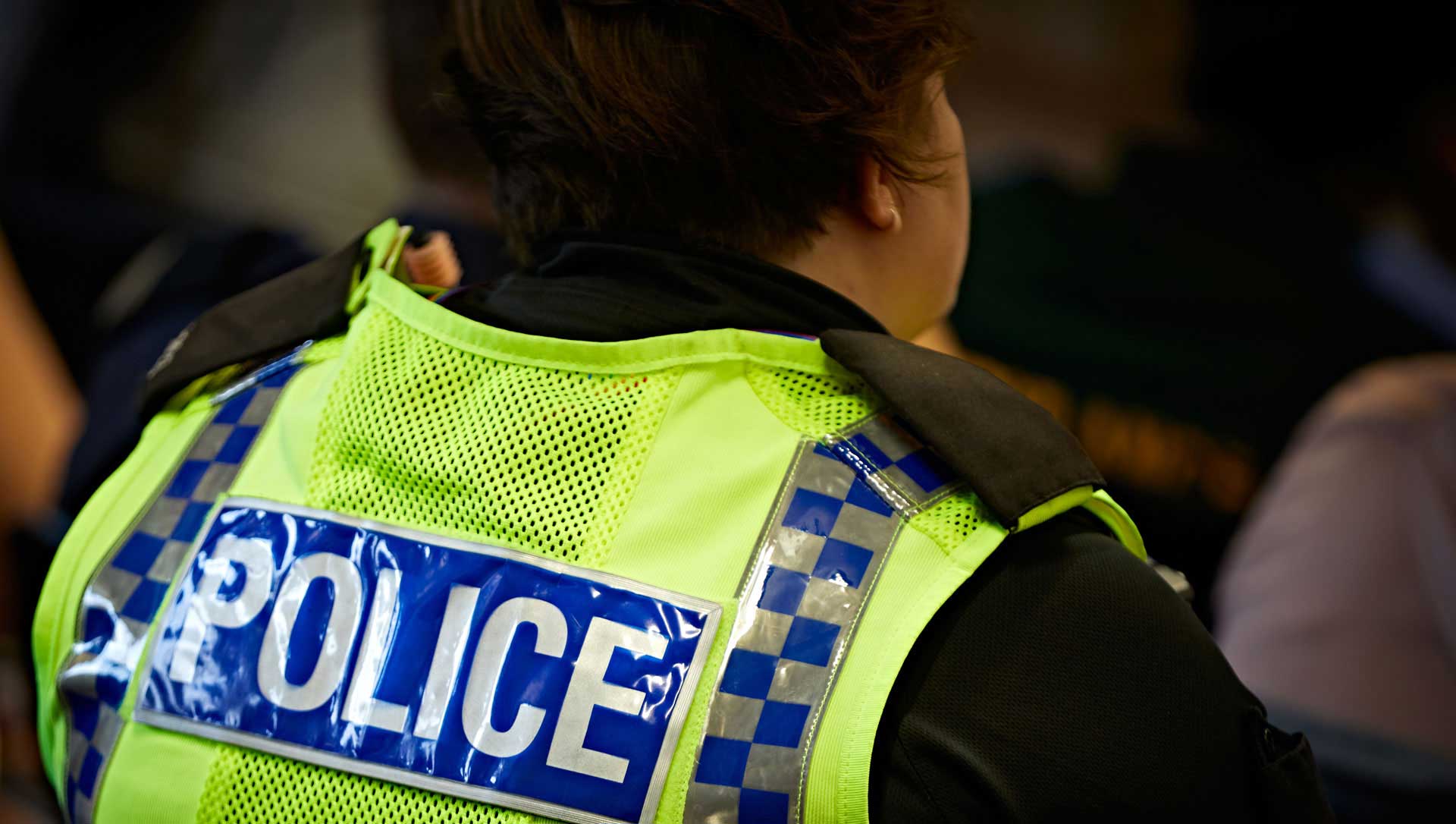
Domestic Abuse
If you or somebody you know is in danger
Please call 999 and ask for the police. If speaking would put you or somebody else in danger, you can make a silent call– use the Silent Solution system and call 999 and then press 55 when prompted. Please call 999 and ask for the police. If speaking would put you or somebody else in danger, you can make a silent call– use the Silent Solution system and call 999 and then press 55 when prompted.
On this page you will find information and resources relating to domestic violence and abuse.
Below you will find information and links to support for:
- anyone experiencing domestic abuse
- anyone supporting someone else experiencing abuse (including line managers)
- anyone worried about their own abusive behaviour
What counts as domestic abuse?
Domestic abuse is not always physical violence. It can also include, but is not limited to, coercive control and ‘gaslighting’, economic abuse, online abuse, verbal abuse, emotional abuse and sexual abuse.
The UK Government's current definition of domestic abuse is:
‘any incident or pattern of incidents of controlling, coercive, threatening behaviour, violence or abuse between those aged 16 or over who are, or have been, intimate partners or family members regardless of gender or sexuality. The abuse can encompass, but is not limited to psychological, physical, sexual, financial, emotional.’
'The most telling sign is fear of your partner'. (Pennine Domestic Abuse Partnership)

If you are unsure whether you or someone else is experiencing domestic abuse, take a look at this checklist from the Pennine Domestic Abuse Partnership: https://pdap.co.uk/about-domestic-abuse/
Or download the ‘BrightSky’ App, which is a fantastic resource including ‘spot the signs’ for yourself, ‘spot the signs’ for someone else, or find support near you.
If you believe you are being abused, remember you are not alone and you can get support.
Section 1 - Where to get further information and support if you are experiencing domestic abuse...
Local Domestic Abuse Support Services
Bradford:
- Bradford District Domestic Abuse & Sexual Violence Information – 0808 2800 999, https://bradford-dasv.co.uk/i-need-help-and-advice/
- Staying Put – helpline 0808 2800 999 open Monday - Friday, 9.30am - 4:30pm (closed for half an hour lunch at 1pm), https://stayingput.org.uk/
- Bradford Rape Crisis and Sexual Abuse Survivors Service - 0800 448 0710, https://bradfordrapecrisis.org.uk/
Calderdale & Kirklees:
- Pennine Domestic Abuse Partnership - 24hr helpline 0800 052 7222, https://pdap.co.uk/
- Calderdale staying safe - 01422 323339, https://calderdalestayingsafe.org.uk/
- Kirklees & Calderdale Rape & Sexual Abuse Centre -01484 450040, https://www.kcrasac.co.uk/
- WomenCentre - 01484 450866, https://womencentre.org.uk/
Leeds & Wakefield:
- Leeds Domestic Violence Services – 24 hr helpline 0113 246 0401, https://ldvs.uk/
- Leeds Rape Crisis and Sexual Violence Support - 0808 802 3344, https://supportafterrapeleeds.org.uk/
- Wakefield Domestic Abuse Service - 0800 915 1561
Manchester:
- End the Fear - https://www.endthefear.co.uk/
- Greater Manchester domestic abuse helpline - 0161 636 7525, http://www.domesticabusehelpline.co.uk/our-services/greater-manchester-domestic-abuse-helpline/
National organisations providing domestic abuse support:
- National Domestic Violence Helpline –call free & confidentially 24/7 on 0808 2000 247, https://www.nationaldahelpline.org.uk/
- Women’s Aid - https://www.womensaid.org.uk/
- Victim Support - 08 08 16 89 111, https://www.victimsupport.org.uk/crime-info/types-crime/domestic-abuse/
- Rape Crisis - 0808 802 9999, https://rapecrisis.org.uk/
Specific support for male victims of domestic abuse:
- Respect Men’s Advice Line - Freephone 0808 8010327, https://mensadviceline.org.uk/
Specific support for LGBTQ+ victims of domestic abuse:
- Galop - 0800 999 5428, https://galop.org.uk/
Specific support for forced marriage and 'honour-based' violence:
- Karma Nirvana – for forced marriage or honour-based violence - 0800 5999 247, https://karmanirvana.org.uk/get-help/helpline/
Ask for 'ANI' - pharmacy codeword scheme
- The Ask for ANI (Action Needed Immediately) codeword scheme has been developed to allow victims of domestic abuse to access support from the safety of their local pharmacy. If you are experiencing domestic abuse and need immediate help, ask for ‘ANI’ in a participating pharmacy. If a pharmacy has the ‘Ask for ANI’ logo on display, it means they’re ready to help. They will offer you a private space, provide a phone and ask if you need support from the police or other domestic abuse support services.
None in Three Centre
The None in Three Research Centre here at the University (focussed on researching gender-based and intimate partner violence) has a Help and Support page which lists many other sources of gender-based violence support including both national and regional organisations.

Section 2 - What to do if you have concerns about someone else...
Whether it’s a colleague, friend, or family member, you might have concerns about someone you know being a victim of domestic abuse. In these circumstances it can be difficult to know what to do.
If you are worried about someone you know, you can call the National Domestic Abuse Helpline for free and confidential advice, 24 hours a day on 0808 2000 247, even if you are not a victim yourself.
***If someone you know is in immediate danger, please call 999 and speak to the police***
What if someone discloses their abuse?
If someone does disclose that they are a victim of domestic violence or abuse to you, then here are some excellent tips from the domestic abuse charity, Women’s Aid:
- Listen, try to understand, and take care not to blame.
- Acknowledge that it takes strength to trust someone enough to talk to them about experiencing abuse. Give time to talk, but don’t push them to go into too much detail if they don’t want to.
- Acknowledge that it is a frightening and very difficult situation.
- Support them. Encourage them to express their feelings, whatever they are. Allow them to make their own decisions.
- Don’t tell them to leave the relationship if they are not ready to do this.
- If they have suffered physical harm, suggest seeking medical support such as via a doctor, or local hospital.
- Ask if they want to report any crimes to the police and help them to do so if they wish.
- Signpost to organisations that offer help to victims of domestic abuse.
- Look after yourself while you are supporting someone through such a difficult and emotional time. Ensure that you do not put yourself into a dangerous situation; for example, do not offer to talk to the abuser about your friend or let yourself be seen by the abuser as a threat to their relationship.
Managers supporting those at risk:
- If you are a line manager, you may wish to discuss safe working practices, risk assessments and consider any adjustments. Stay in regular contact with employees you know, or fear, may be facing abuse and if you lose contact with them, take swift action.
- Take a look at this toolkit for employers from the Employers Initiative on Domestic Abuse.
- You could also phone the 'Respond to Abuse' Advice line for employers on 0203 8793695 or email Adviceline.EB@hestia.org between 9am-5pm Monday to Friday for support
- Managing and supporting employees experiencing domestic abuse - a guide for employers from the Equality and Human Rights Commission and CIPD.
- This briefing from Universities UK includes some information which may be helpful in supporting staff and students at greater risk due to the lockdown period relating to the COVID-19 pandemic.
To report incidents of domestic abuse:
- To report an incidence of domestic abuse, you can call the police non-emergency phone number on 101, or use this online form to report to West Yorkshire Police, or report incidents at your local police station.
- Or you can contact 'Crime Stoppers' online or on the phone by calling 0800 555 111 to report domestic abuse anonymously
NOTE: you are not required to report any incidents to the police if you don't wish to do so, and you can access support via the agencies above without having reported the domestic abuse to an official agency.

Section 3 - What to do if you are worried about your own abusive behaviour...
‘It is difficult to face up to the fact that your behaviour could be abusive, but when you begin to accept what you are doing, you can begin to make changes that will help you be safe around your partner and your children… Many people excuse their behaviour by minimising what they are doing: ‘it’s not that bad’, blaming their partner – ‘they wound me up’, saying it’s because of other pressures such as work or by blaming alcohol, or momentary loss of control. This can make you feel better in the short term. However, acknowledging this and taking responsibility for your behaviour is a positive step towards changing your behaviour.’*
*information taken from the Pennine Domestic Abuse Partnership website here.
Places that can help if you are concerned that you may commit abuse:
National:
- RESPECT phoneline - provides help for domestic violence perpetrators. A friendly Helpline Advisor will listen to you without judgement and give you honest advice.- 0808 8024040 https://respectphoneline.org.uk/
West Yorkshire Police:
- ‘In Your Hands’ Scheme - https://www.westyorkshire.police.uk/InYourHands
Wakefield:
- Rosalieryrie Foundation - https://www.rosalieryriefoundation.org.uk/how-we-can-help/
South Yorkshire: